
What is Austrian EPR compliance certification?
As the EU’s environmental compliance policies become more stringent, major e-commerce platforms such as Amazon and AliExpress have issued compliance requirements aligned with EPR regulations, promoting the implementation of EPR compliance in countries like Germany, France, Spain, and Austria. Today, we’ll explore Austria’s EPR-related policies and detailed compliance requirements.
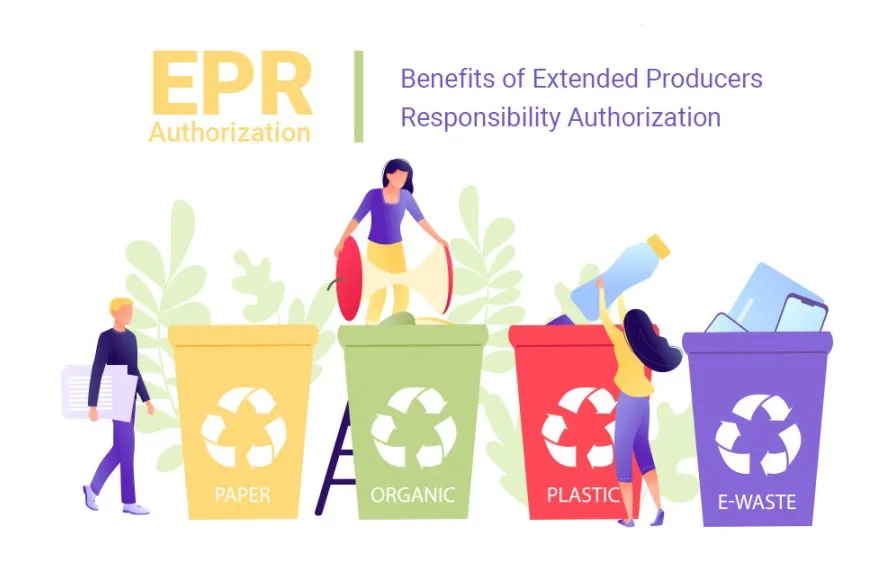
What is EPR, and how does it affect merchants?
EPR (Extended Producer Responsibility) is an EU environmental policy stemming from the EU's "Circular Economy" action plan. It requires producers and sellers of certain products to pay environmental recycling fees based on specific standards. The goal is to reduce waste, conserve resources, increase recycling rates, and promote the design of eco-friendly products.
Merchants who fail to complete EPR registration in time may face impacts on product sales in the respective country, along with enforcement actions by local EU authorities, including but not limited to:
1) Fines of up to €200,000;
2) Goods being detained or destroyed;
3) Confiscation of all profits generated locally;
4) Legal liability pursued through attorneys in severe cases.
Product categories covered under Austrian EPR
According to Austria’s updated Waste Management Act, Austrian EPR compliance involves the recycling of packaging, electrical and electronic equipment, batteries, and single-use plastics.
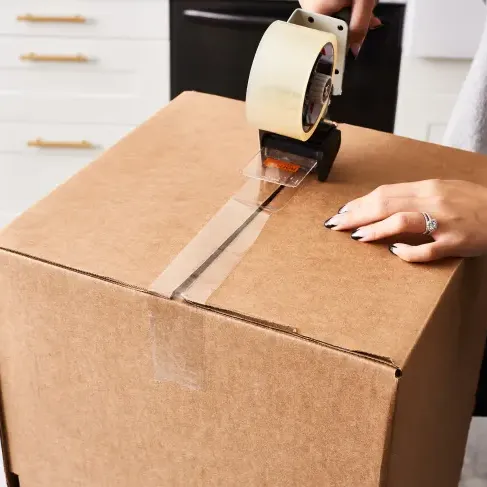
Packaging
Austria’s Packaging Act aims to manage and reduce packaging waste. Companies selling products in the Austrian market must comply with packaging regulations, ensuring that their packaging materials meet sustainability and recyclability standards.
Key requirements include:
1) Using recyclable materials for packaging;
2) Providing information on packaging waste recycling and reuse;
3) Paying packaging recycling fees.
Examples of packaging:
- Primary packaging: product packaging, such as shoeboxes or beverage cans;
- Secondary packaging: shipping packaging, such as boxes, fillers, tape, etc.;
- Others: single-use plastic bags, disposable cutlery, etc.
Sellers shipping products to Austria need to register under the Packaging Act, as almost all products come with packaging.
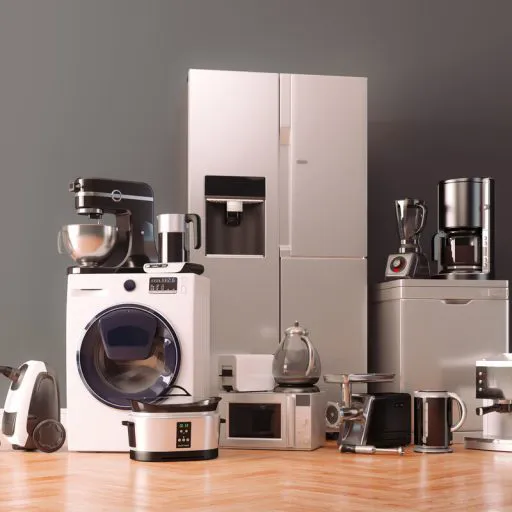
WEEE
The WEEE Directive is an EU regulation aimed at promoting the recycling and disposal of Waste Electrical and Electronic Equipment. In Austria, it requires producers, importers, and sellers to fulfill obligations such as:
1) Providing recycling and disposal solutions for electronic waste;
2) Paying fees for waste treatment;
3) Marking products to inform consumers on proper disposal.
Examples: household appliances, lighting, electronics, smartphones, medical devices, etc.
Sellers of electronic products in Austria must comply with WEEE regulations and ensure proper recycling at the end of the product’s life cycle.
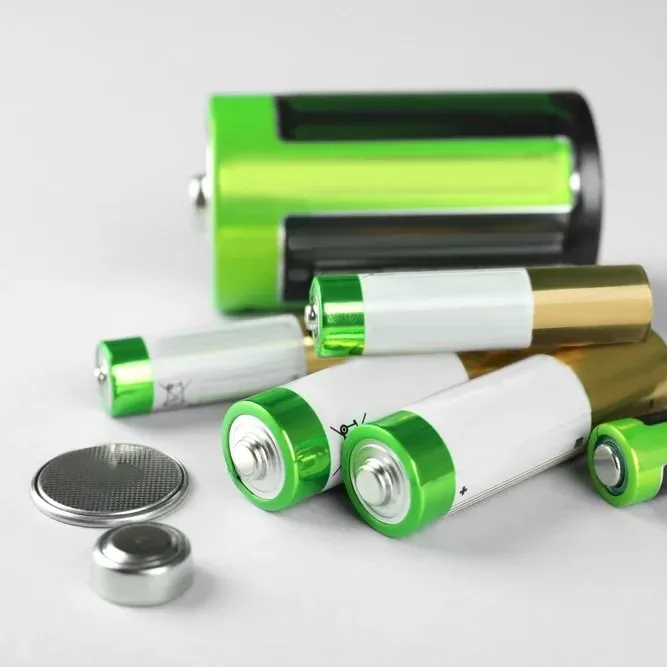
Battery Law
Austria’s Battery Ordinance addresses the collection and recycling of portable, industrial, and automotive batteries. Sellers must:
1) Provide information on battery recycling;
2) Pay fees for battery recycling;
3) Mark products to guide consumers on battery disposal.
Examples: dry cells, button cells, built-in batteries, car batteries, etc.
Sellers of battery products must register under the Battery Law and comply with WEEE regulations to ensure proper battery recycling.
Single-use plastic recycling
Plastic products, including drink bottles and food containers made of plastic, must be registered for recycling under Austria’s single-use plastic recycling requirements.
Examples: PET bottles, plastic packaging, disposable plastic boxes, takeout containers, etc.
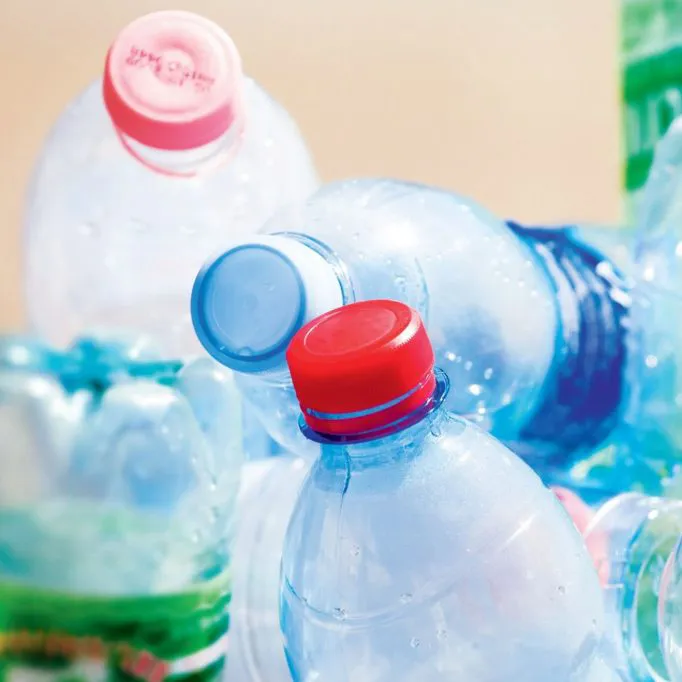
What makes Austrian EPR different?
1) No platform withholding
Austrian regulations do not allow e-commerce platforms to deduct or pay EPR fees on behalf of sellers. Sellers must declare compliance and submit EPR credentials to platforms themselves.
2) Cannot self-register
Foreign companies cannot directly register for EPR in Austria. Instead, they must appoint an authorized representative to complete registration and fulfill compliance obligations.
3) Mandatory authorized representative
Sellers must appoint an Austrian-based authorized representative who:
- Is a natural or legal person located in Austria;
- Provides a local address for deliveries;
- Is responsible for compliance with Austrian administrative laws;
- Holds a German or English version of the authorization document.
How to complete EPR compliance?
Foreign companies need to complete Austrian EPR registration and declarations with the help of a third-party service provider or an authorized local representative in Austria.
Email:hello@jjrlab.com
Write your message here and send it to us
 Amazon and Temu Require FCM Test Reports
Amazon and Temu Require FCM Test Reports
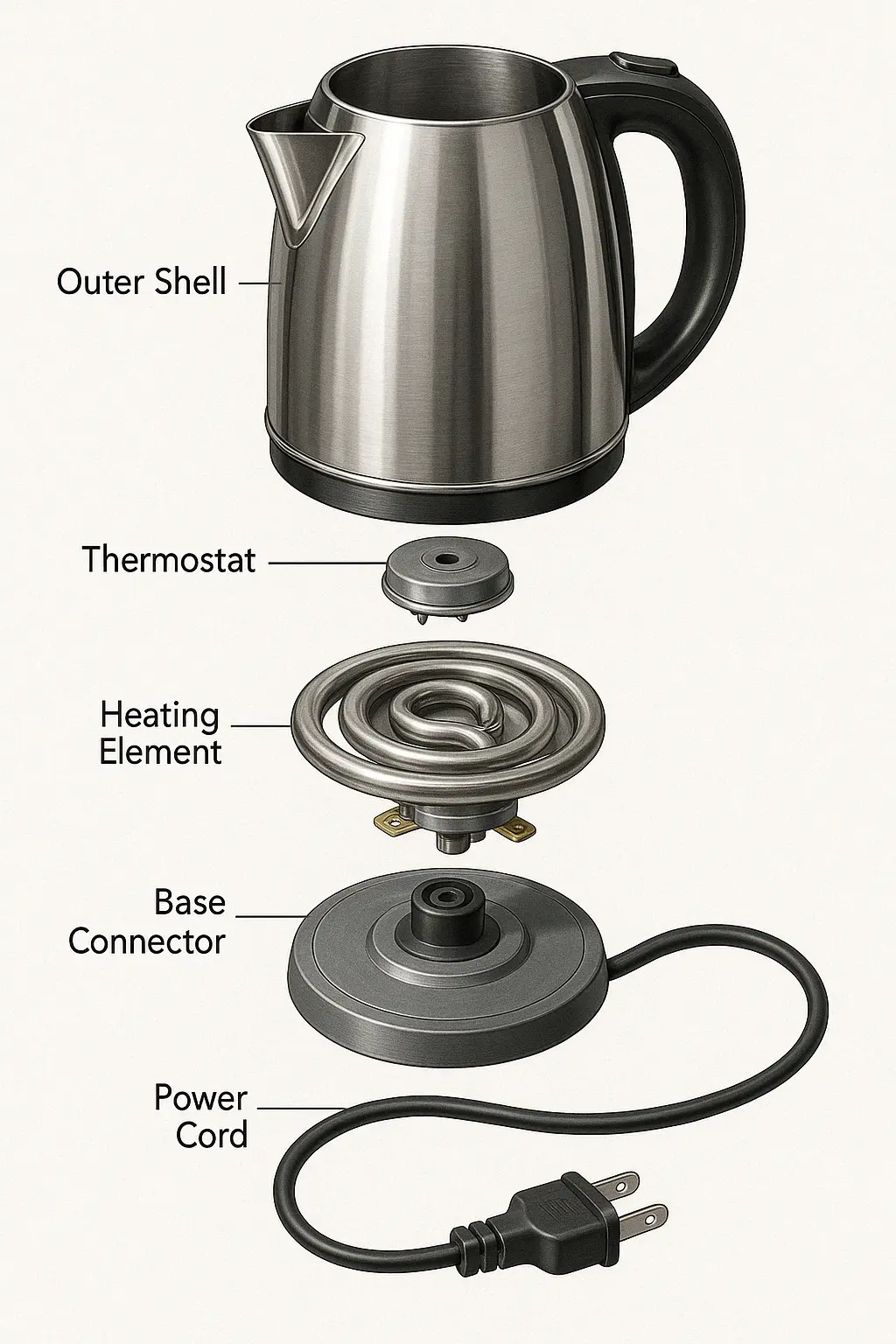 Electric Kettle Amazon Canada Compliance Certifica
Electric Kettle Amazon Canada Compliance Certifica
 Do You Understand Amazon Compliance Certification?
Do You Understand Amazon Compliance Certification?
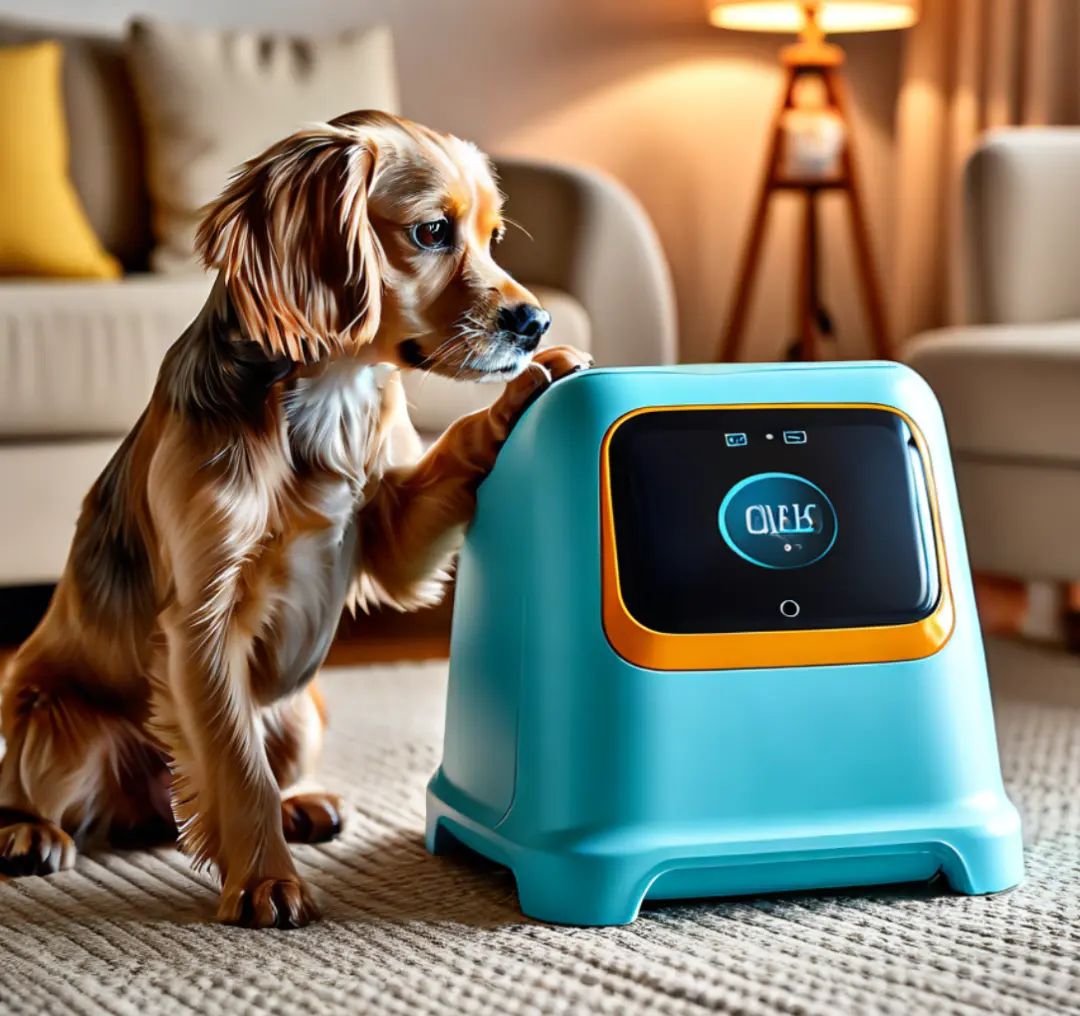 Pet Products CE Mark
Pet Products CE Mark
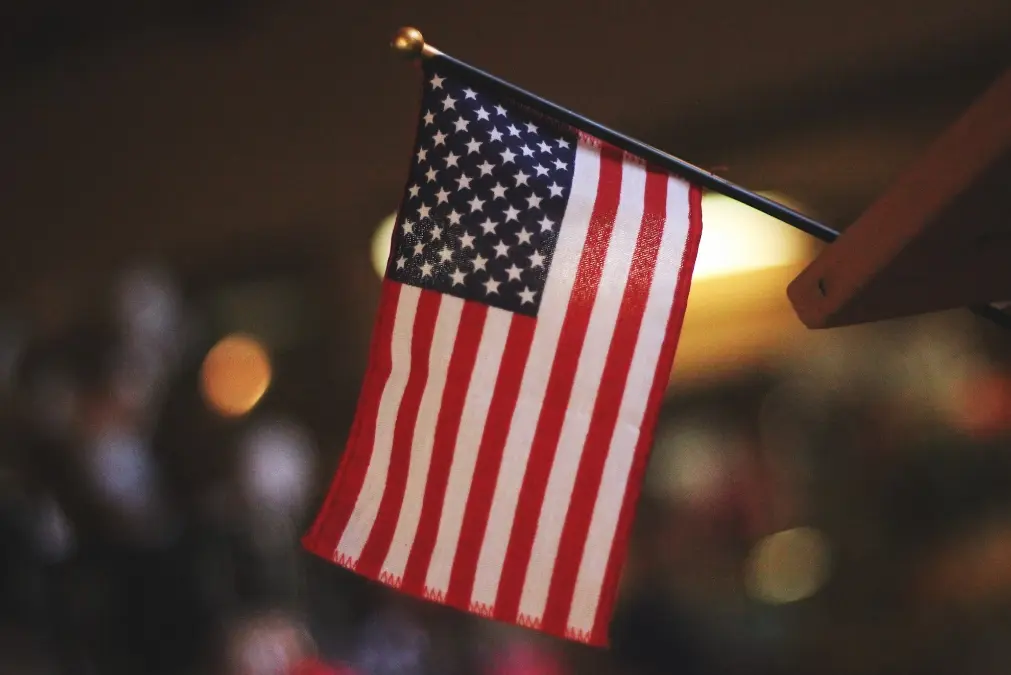 US Toy Safety Standards
US Toy Safety Standards
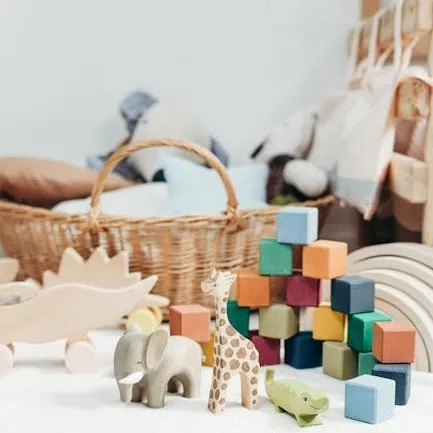 Toy Toxicology Testing CA
Toy Toxicology Testing CA
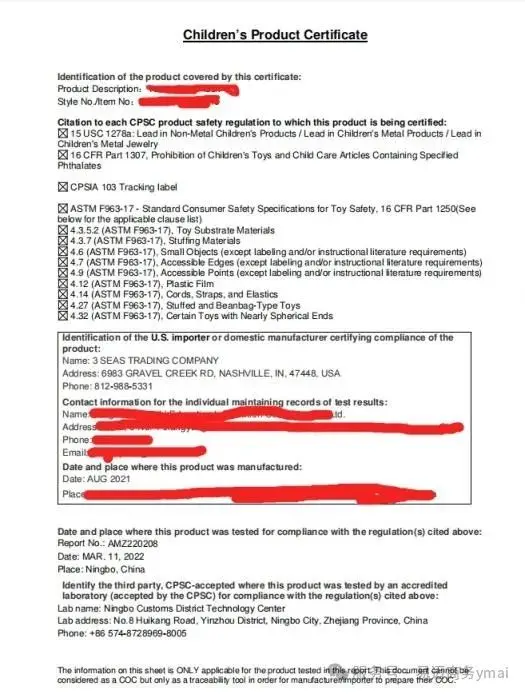 CPSIA Compliance for Children's Products
CPSIA Compliance for Children's Products
 Food Contact Items Testing
Food Contact Items Testing
Leave us a message
24-hour online customer service at any time to respond, so that you worry!




